Dear God!
And -- if memory serves -- I believe I rather appropriately dubbed it 'The Crappening' to friends and family who asked about it.
Sigh.
1986's Highlander remains one of the most beloved cult films of all time, and I suppose that there's nothing wrong with that. It has its own benign charm, and it certainly has had an incredible number of home video releases over the years that I think generations will be able to discover it for the next century. But, alas, Highlander II: The Quickening was a bit awful, a bit confusing, and a bit uninspired, to say the least. Yes, yes, yes, I'm aware that it's been tinkered with over the years as well, and the home video market has enjoyed a couple of different versions of the film's original story ... but if a plot lends itself to being so easily recreated in an entirely different iteration, then it is truly a tale deserving to stand on its own two feet ... without its head being decapitated?
Directed by Russell Mulcahy, the SciFi/Fantasy starred Christopher Lambert and Sean Connery returning to the roles they made famous in the original. They were joined by the ever-luminous Virginia Madsen (be still my heart), genre legend Michael Ironside, and funnyman John C. McGinley in some big, big roles. Here's the plot summary as provided by our friends at IMDB.com:
"In the future, Highlander Connor MacLeod must prevent the destruction of Earth under an anti-ozone shield."
As always, thanks for reading ... and live long and prosper!
-- EZ

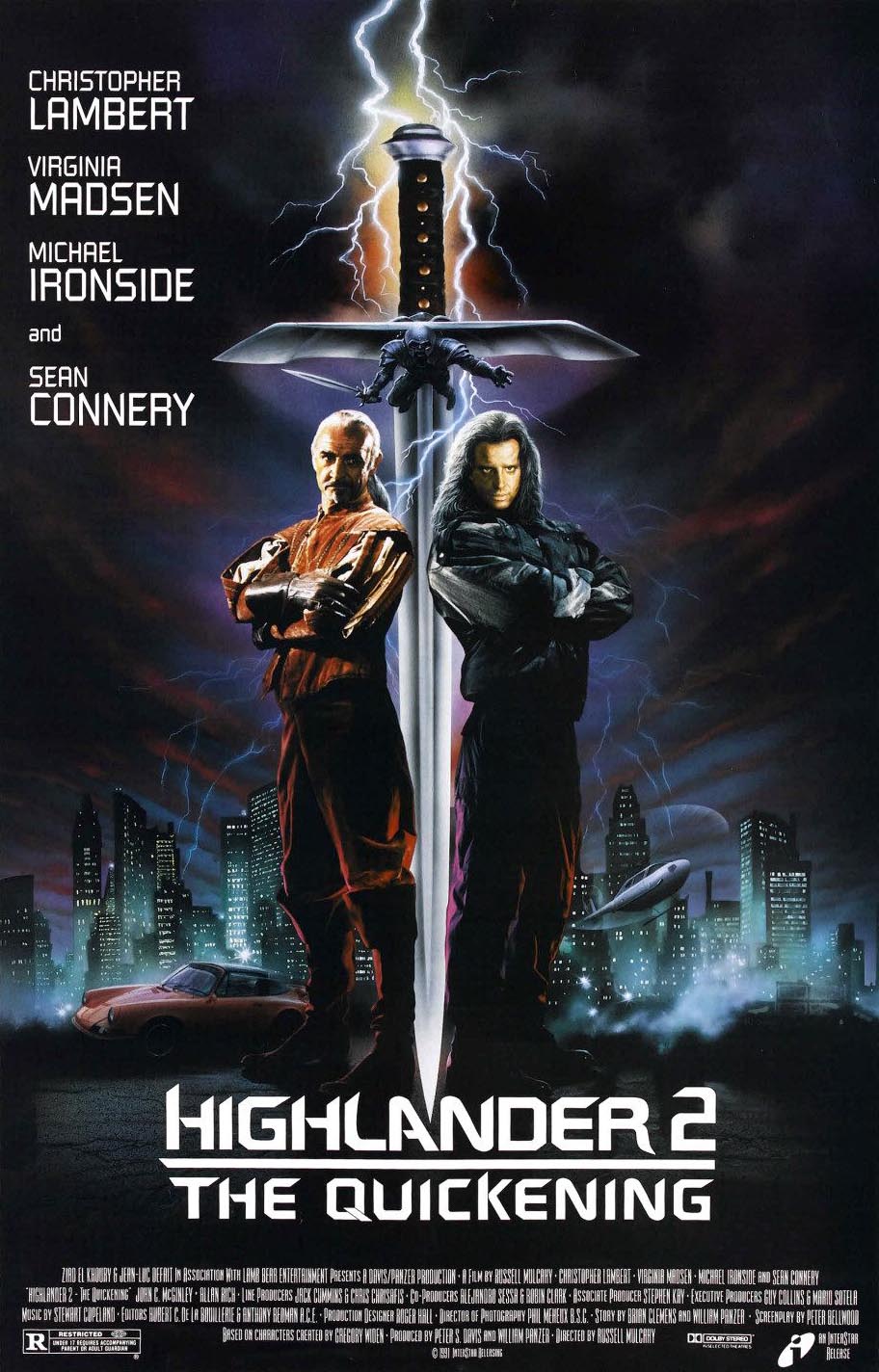
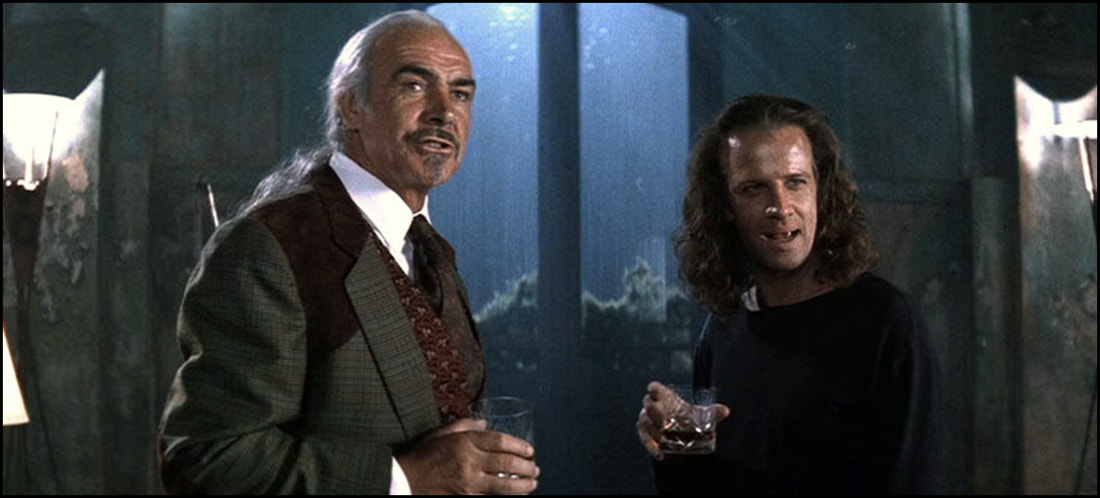
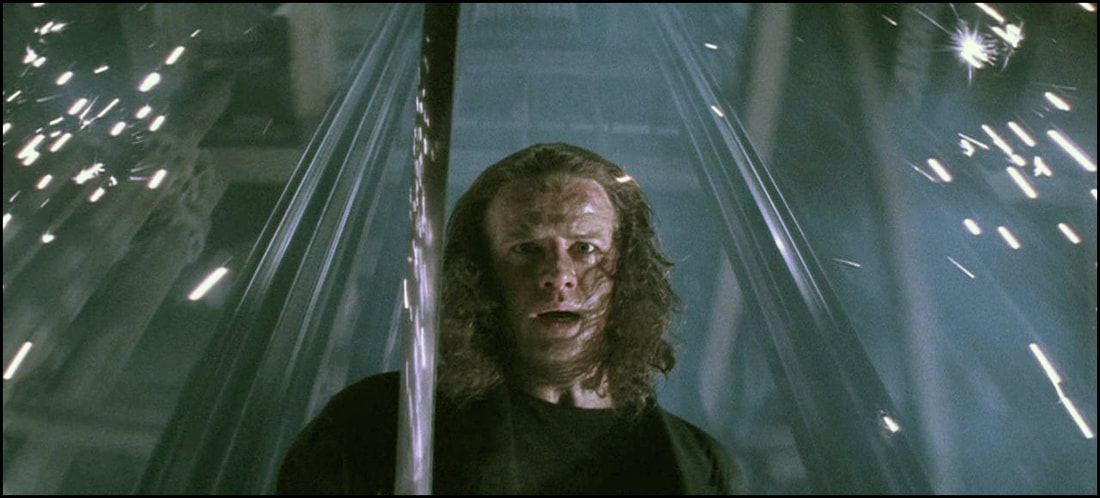
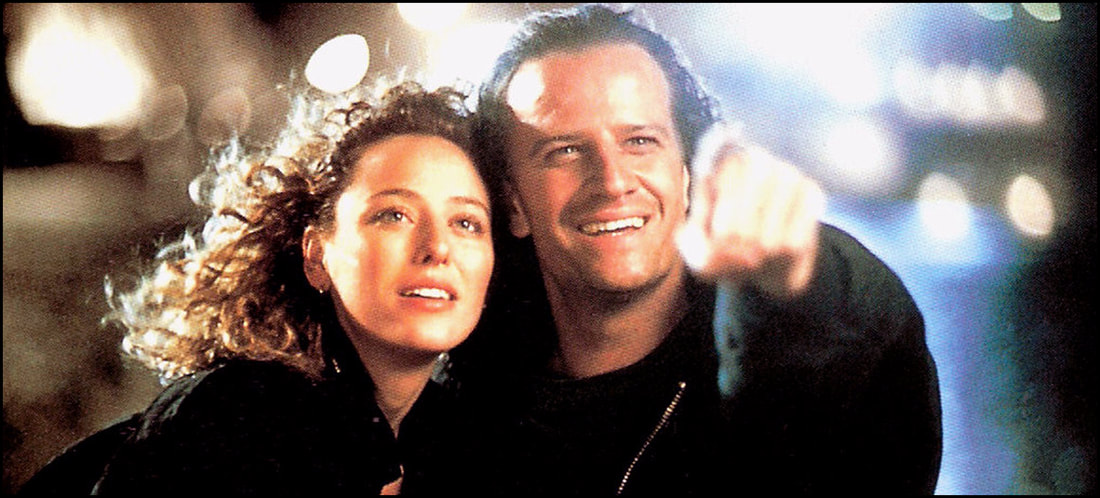
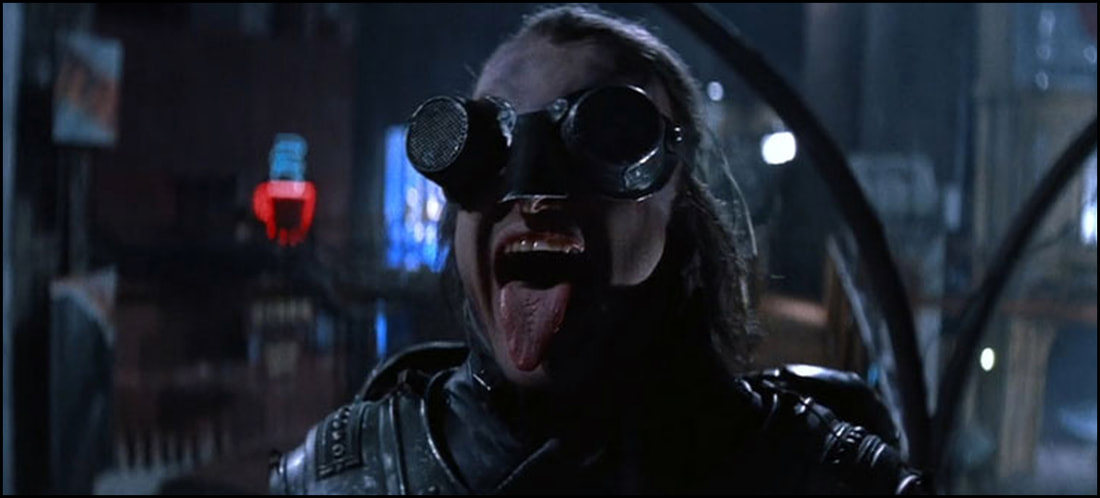
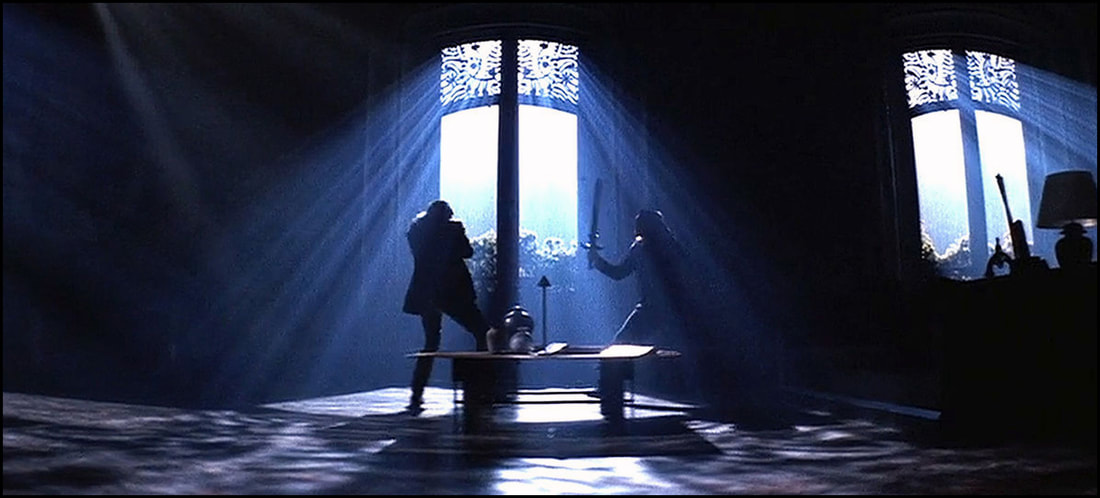
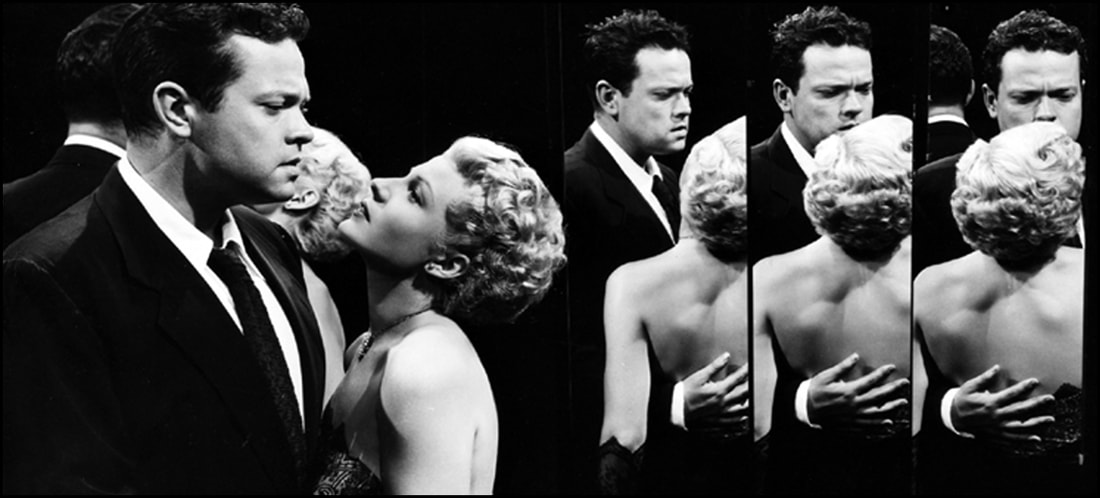



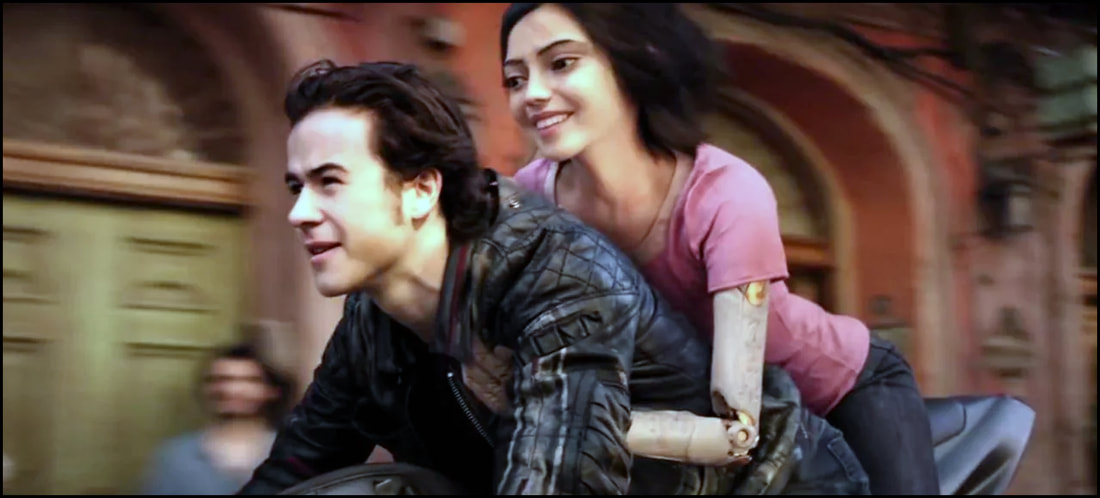
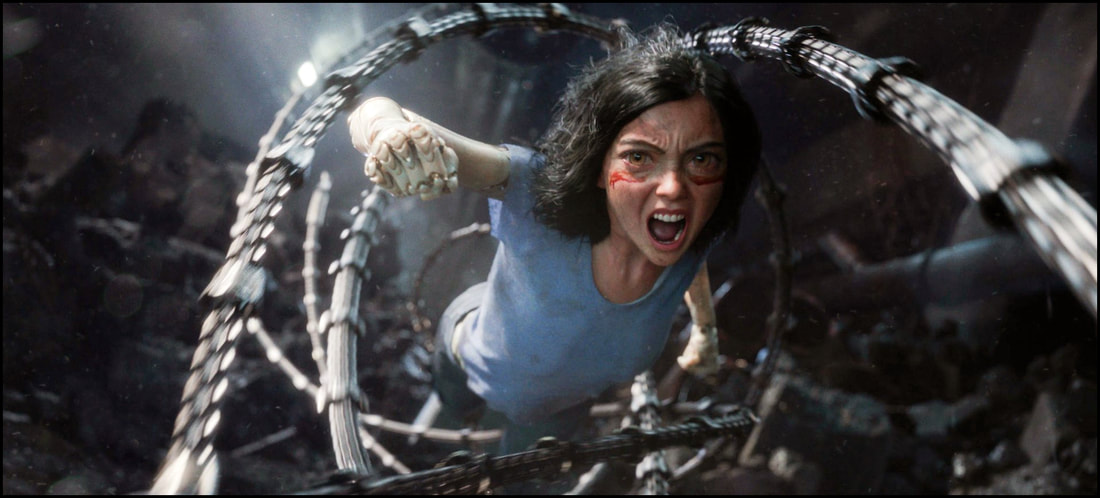
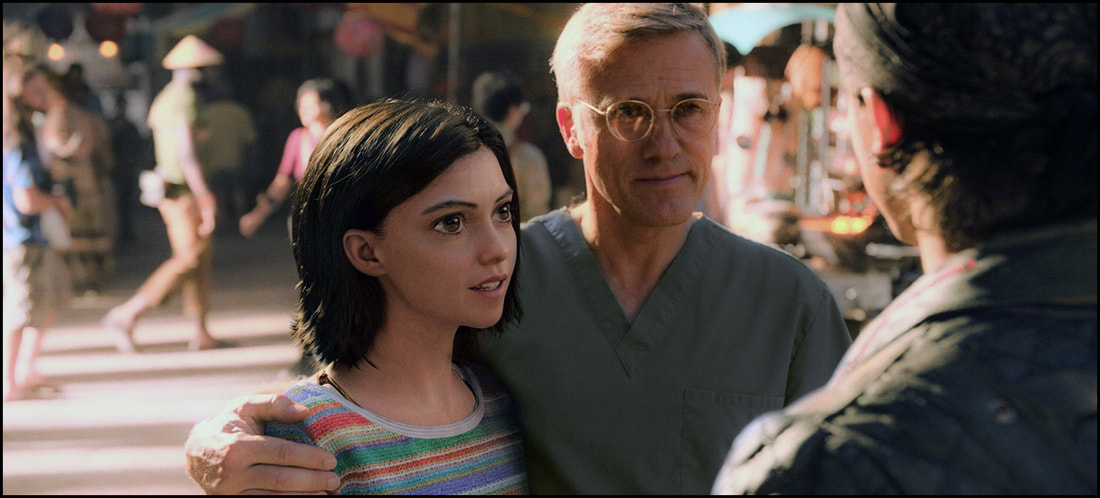
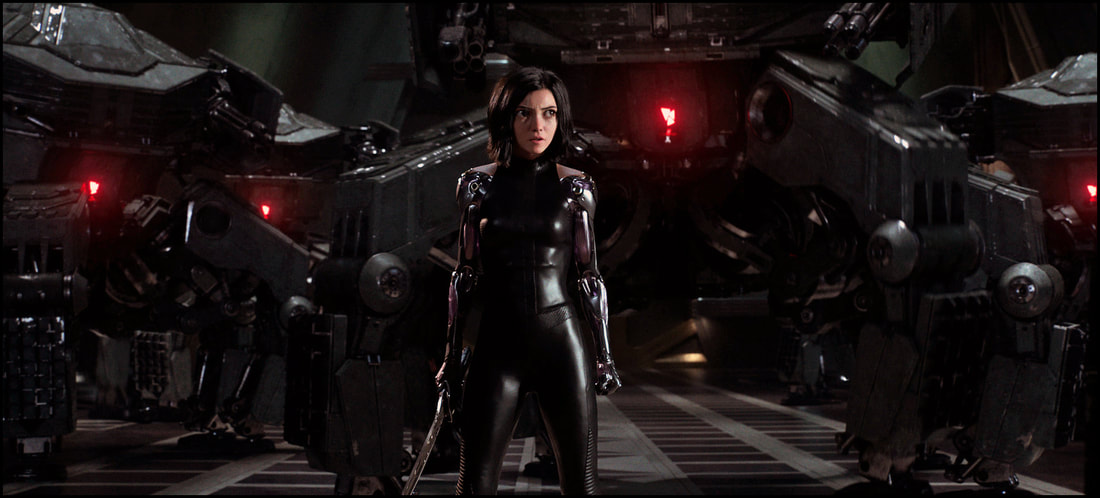
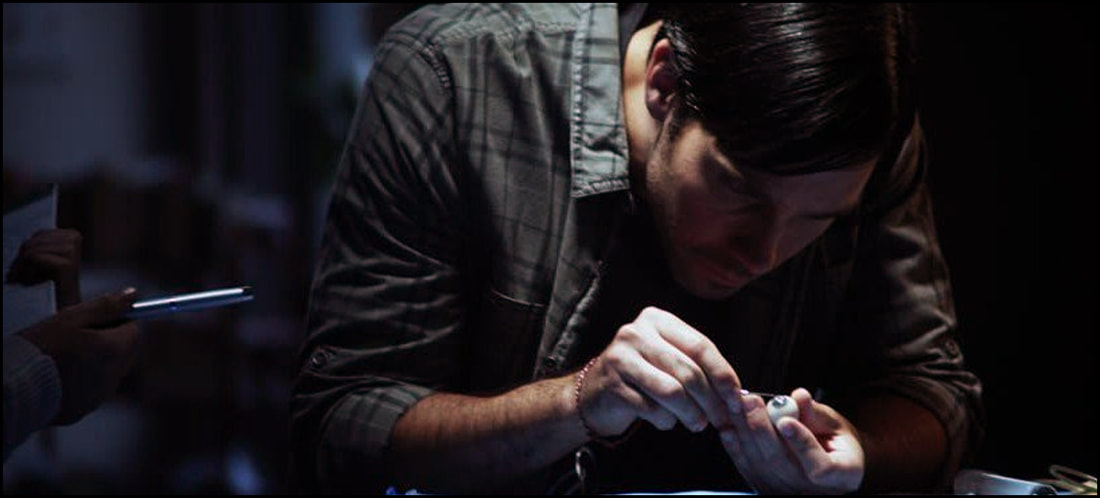
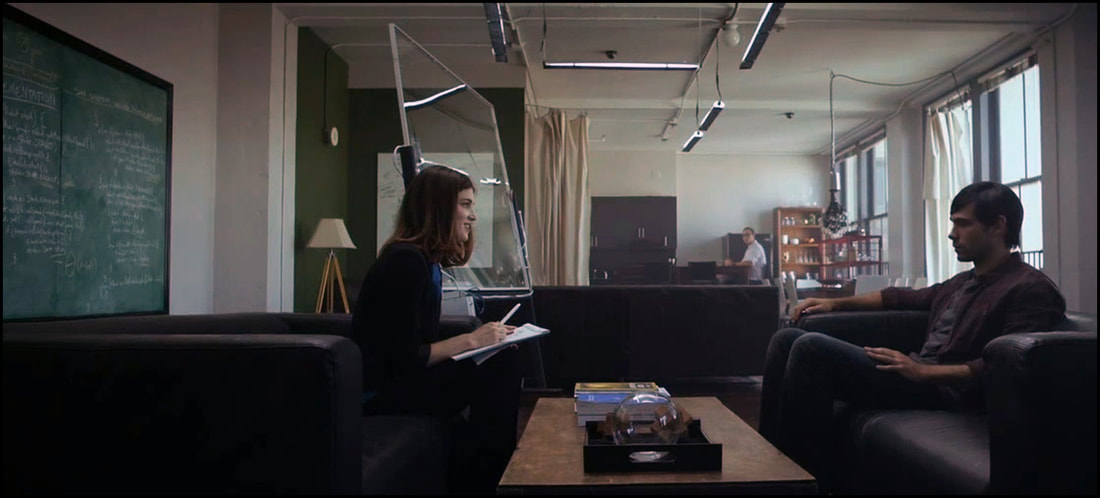
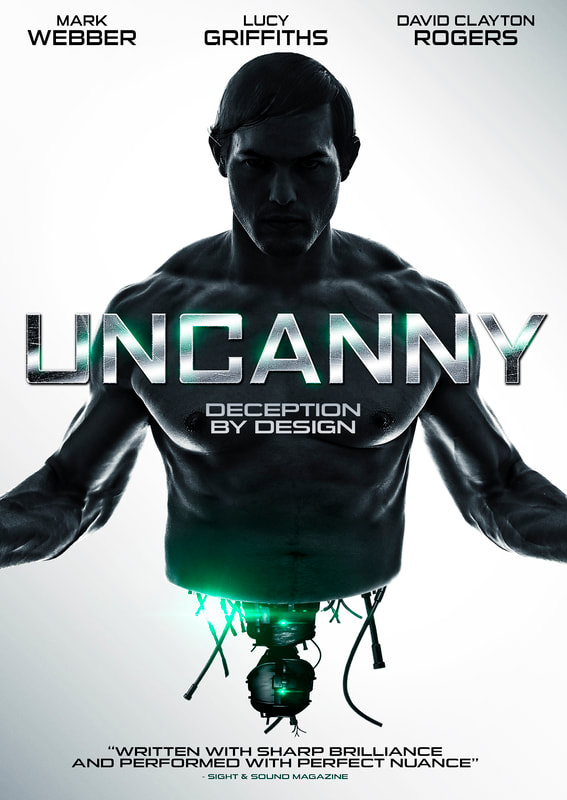
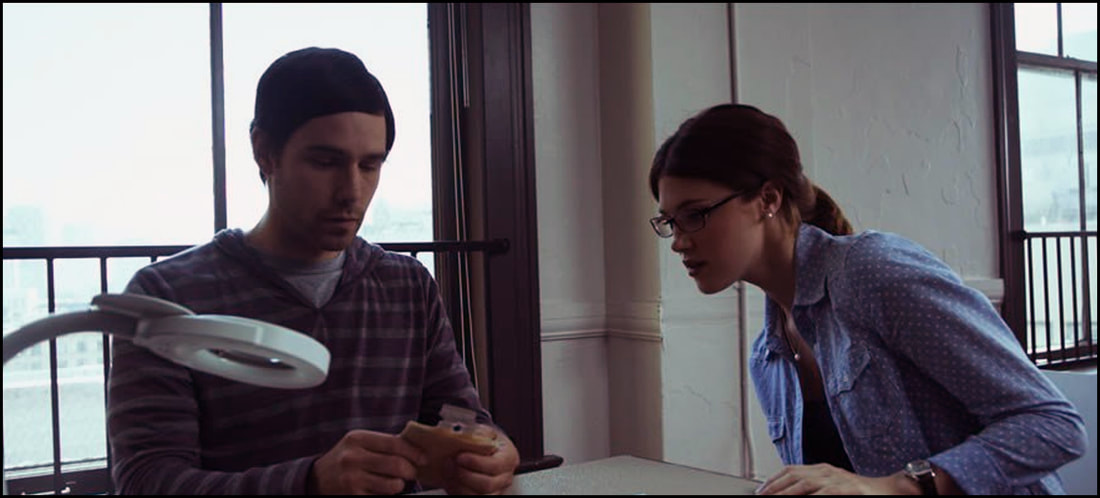

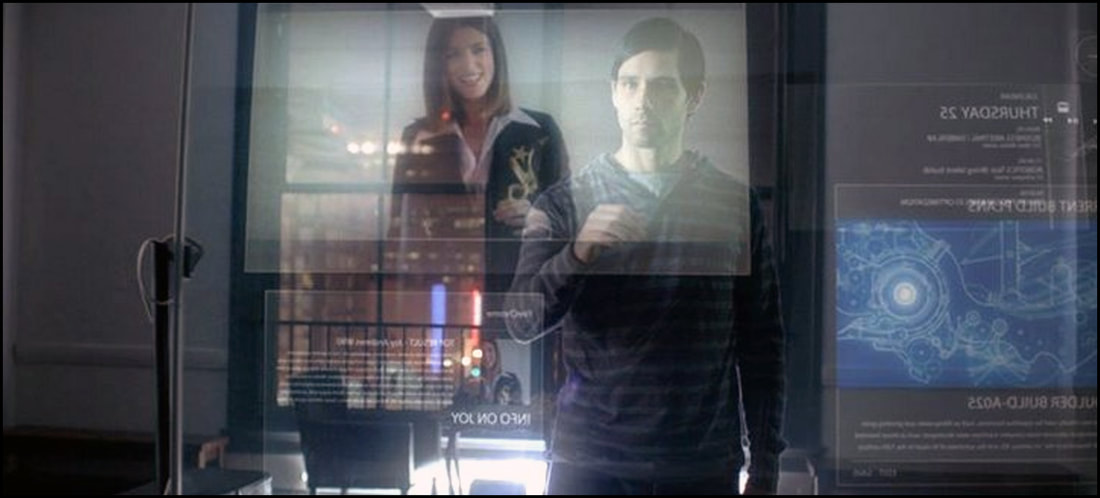
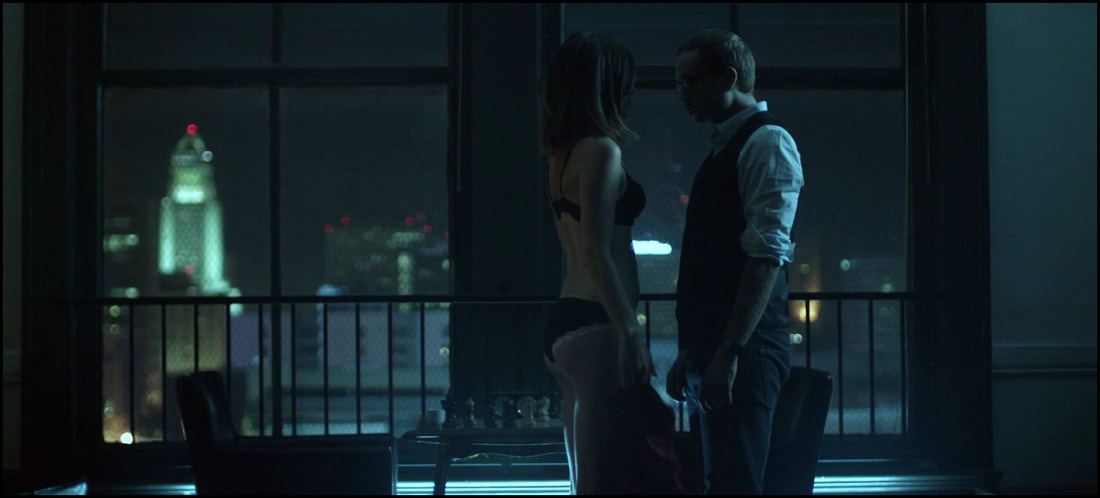
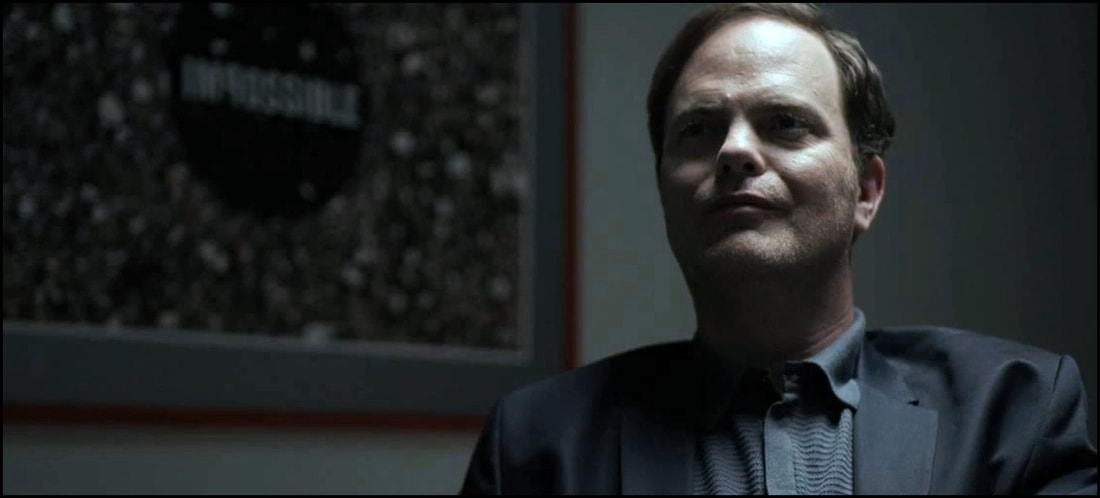
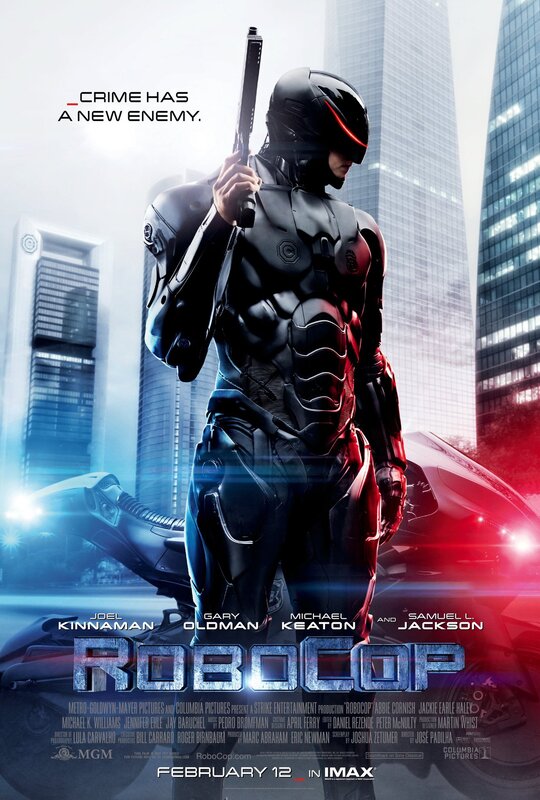

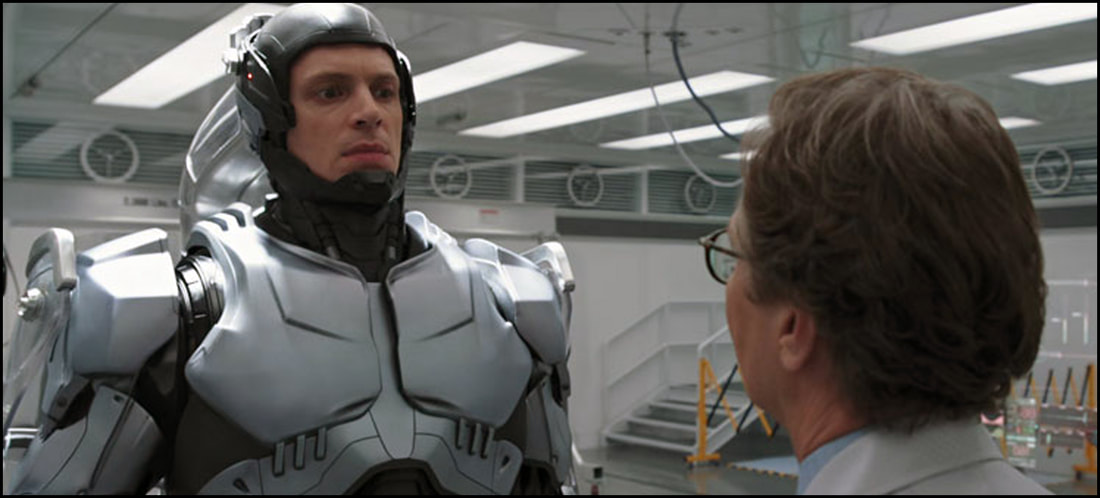
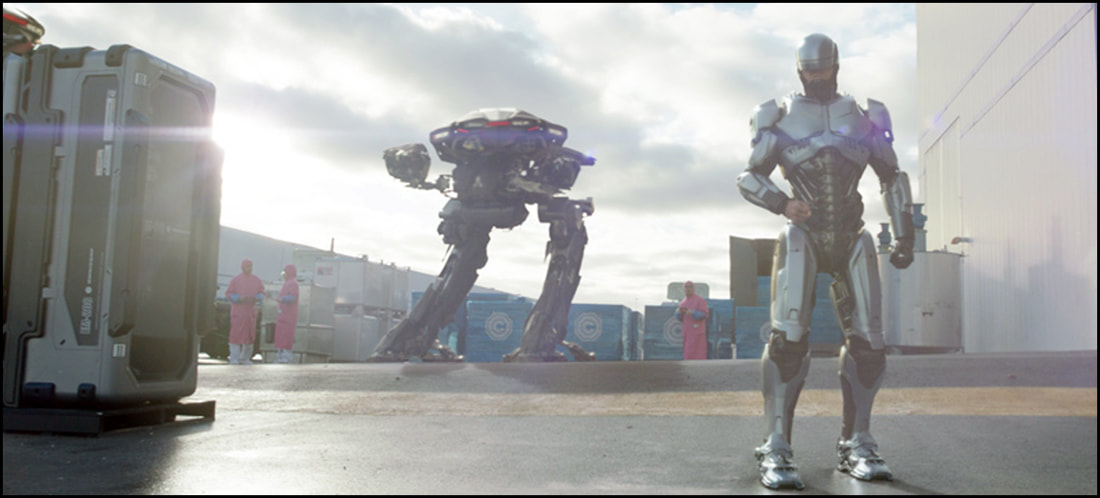
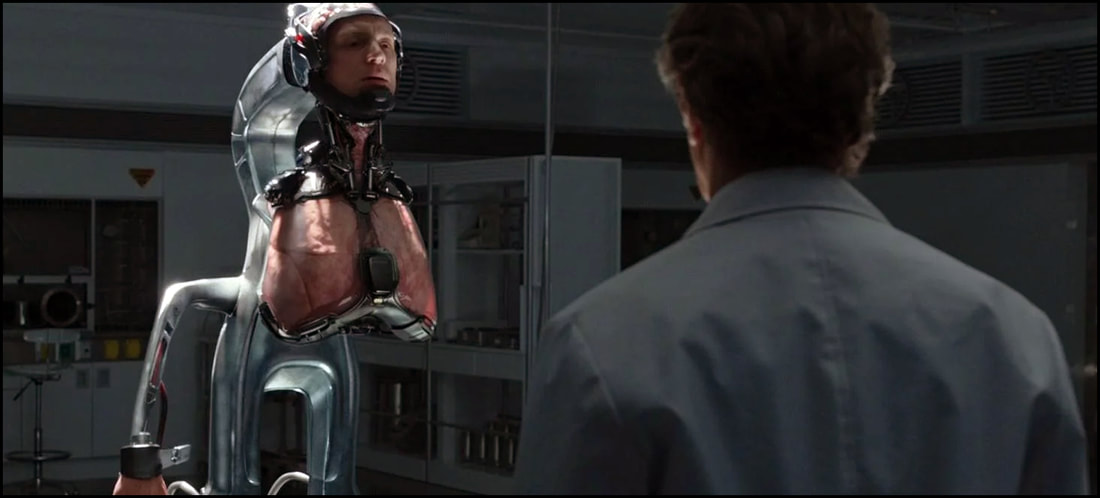


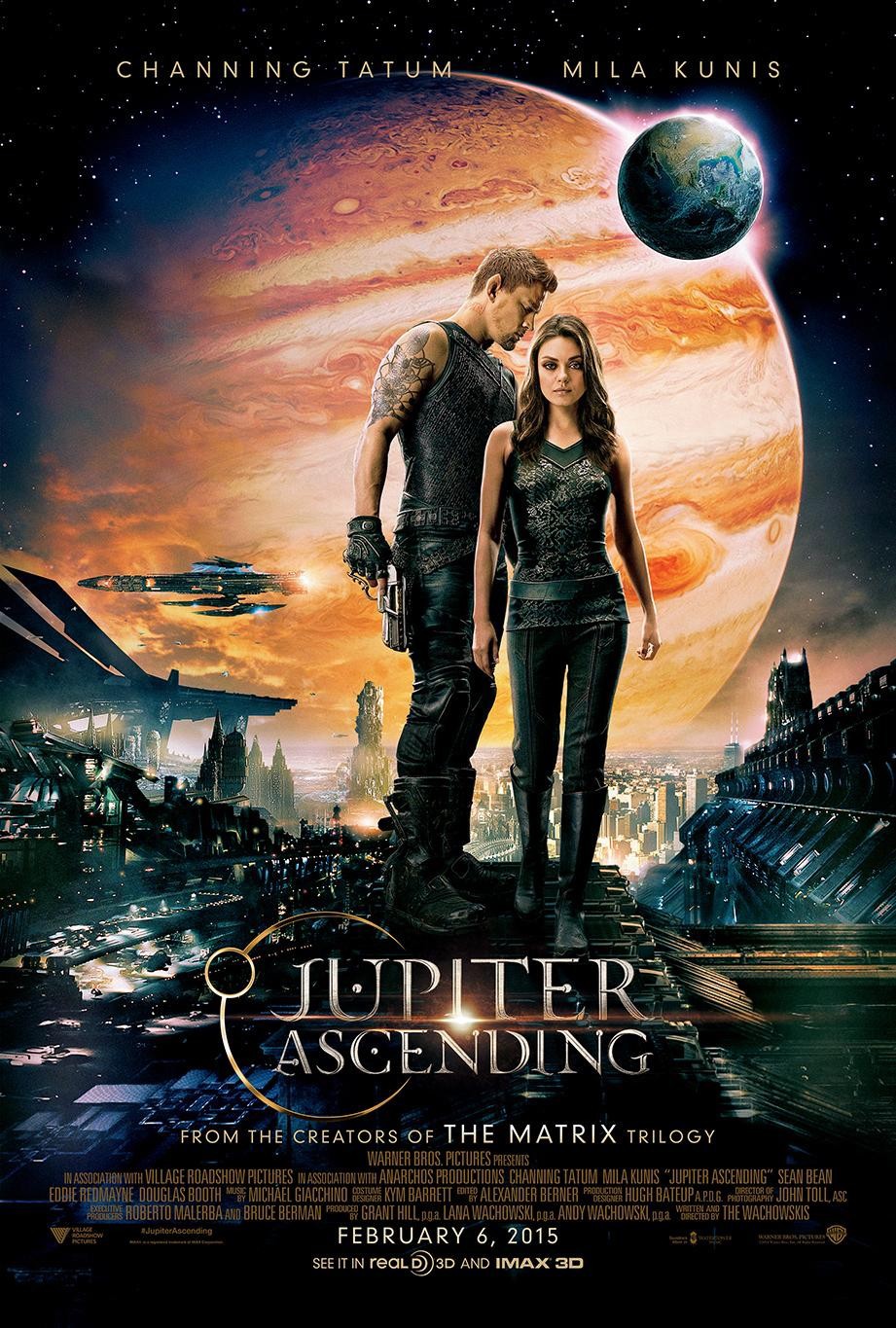
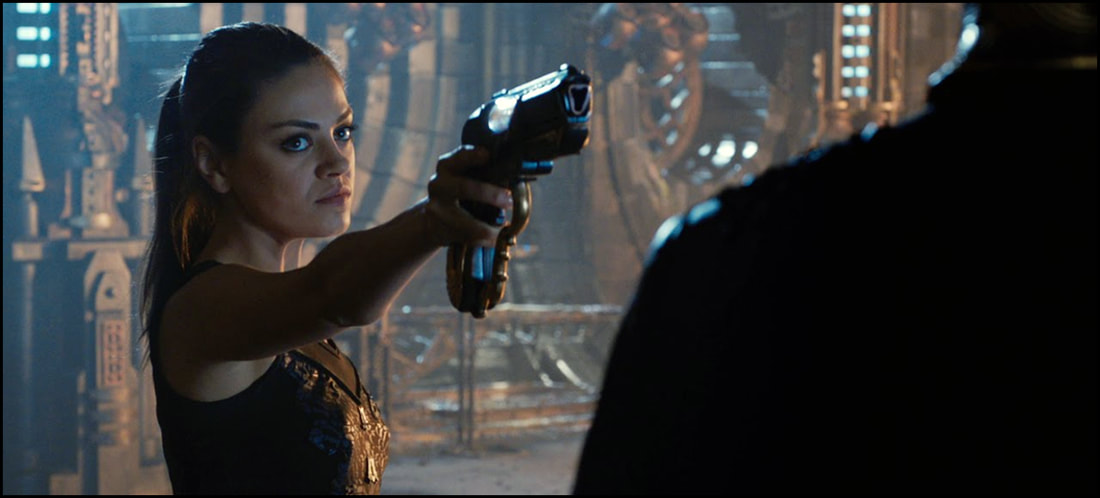

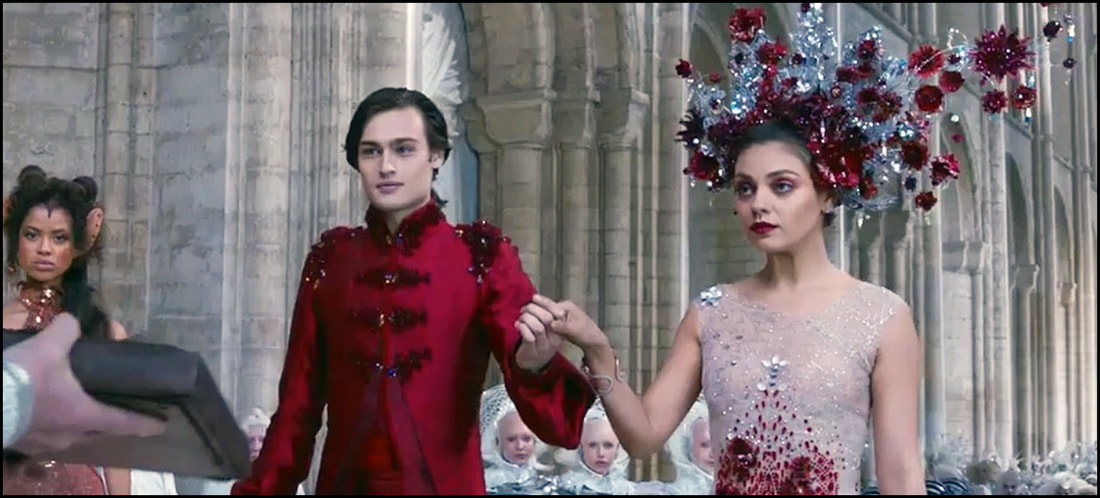
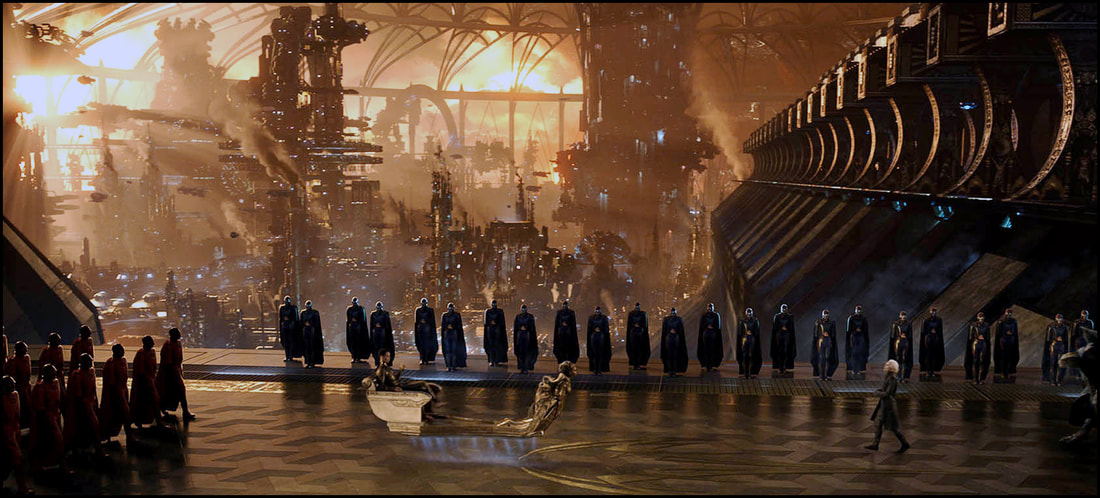
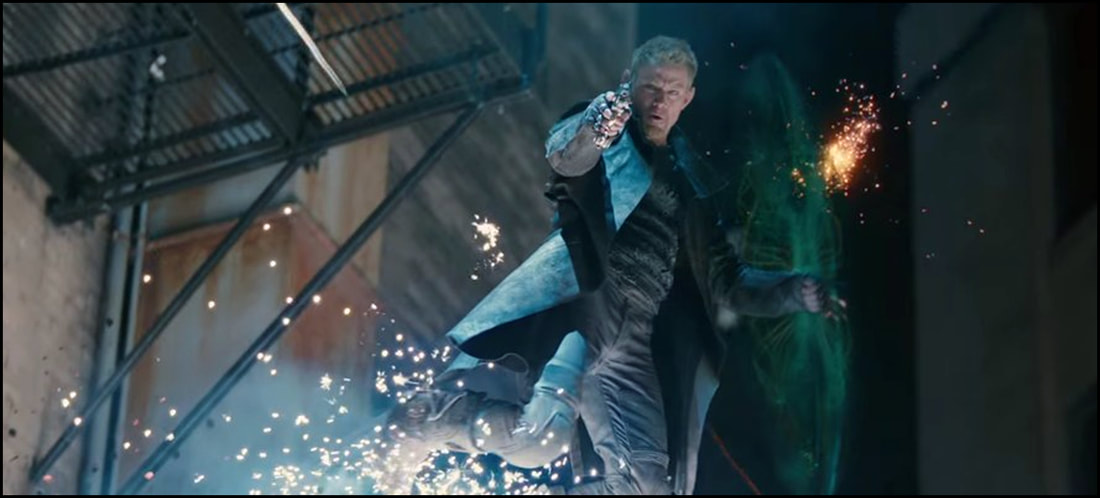
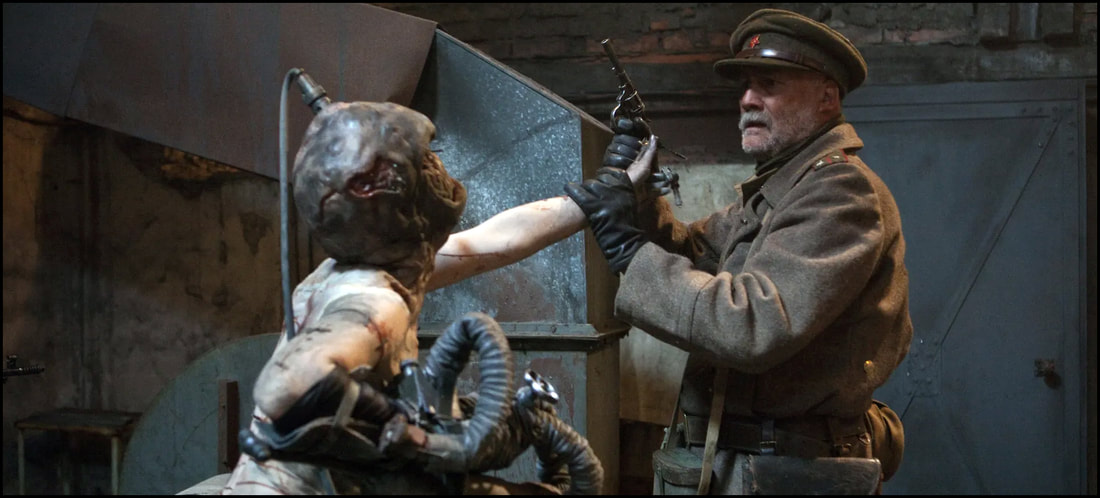
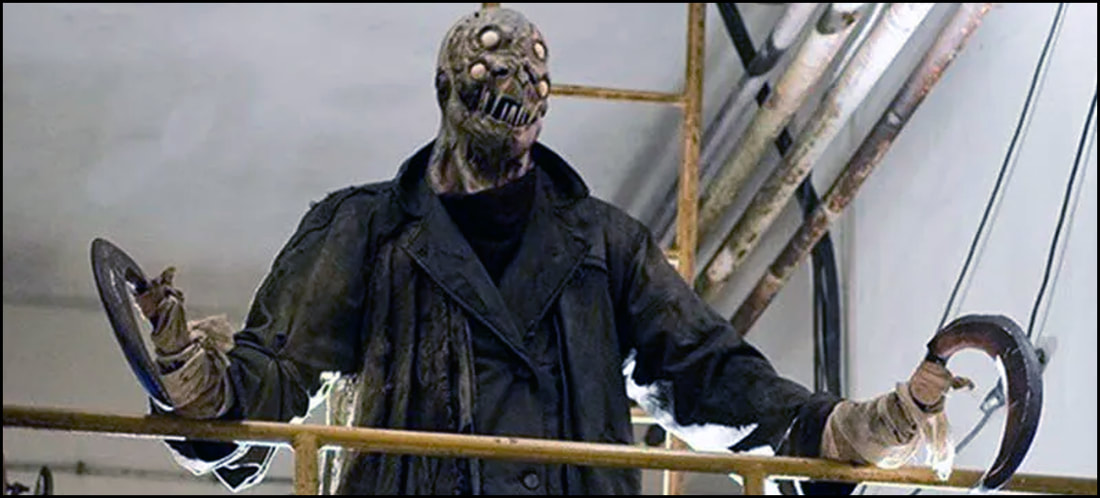
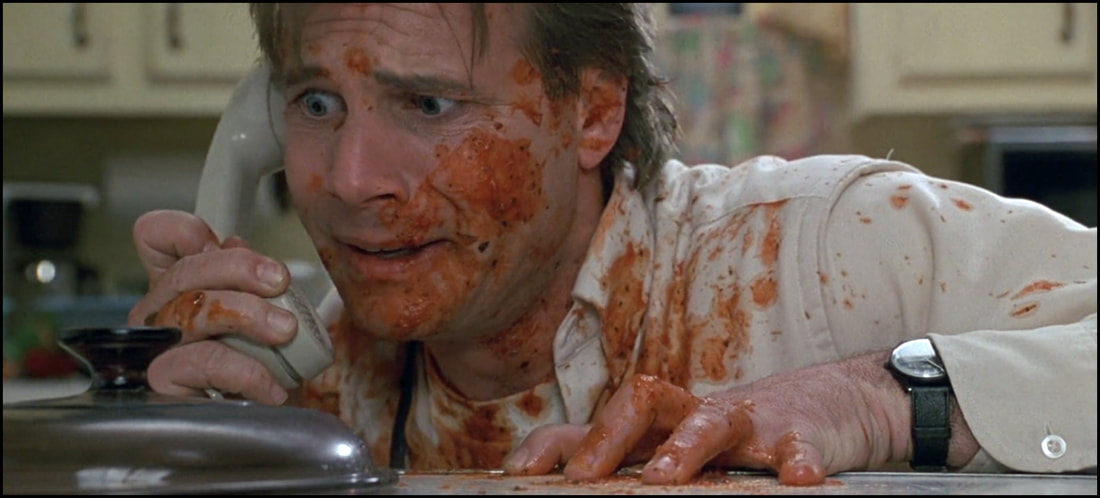
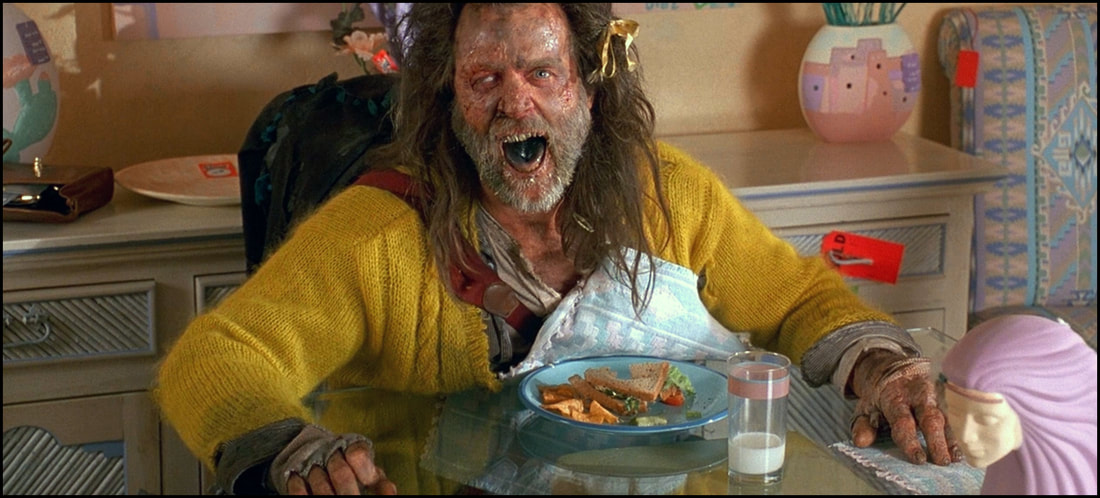
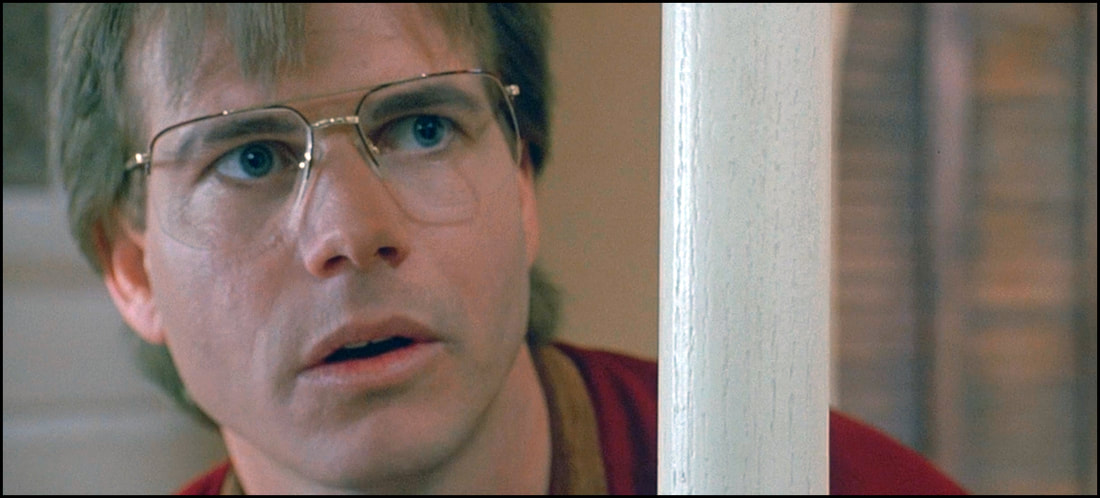
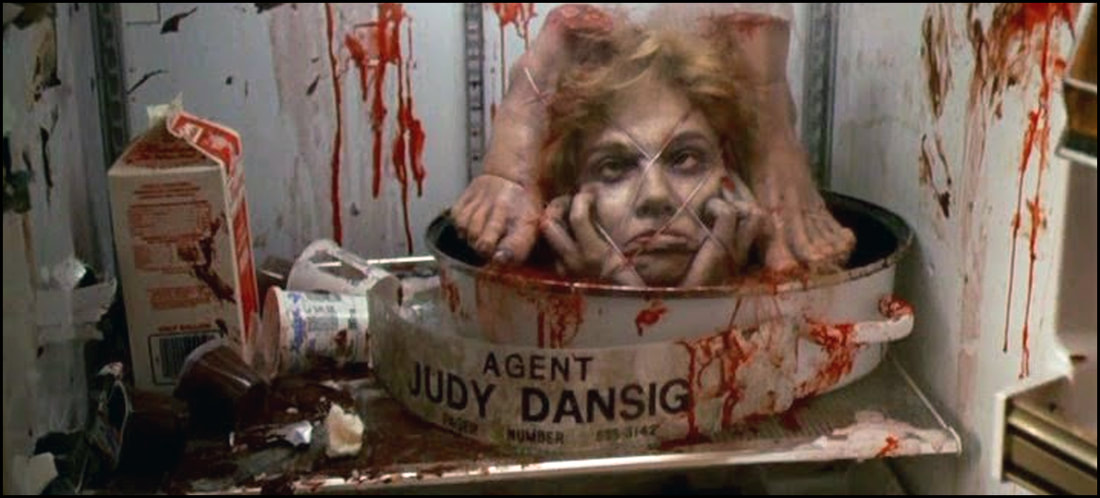
 RSS Feed
RSS Feed